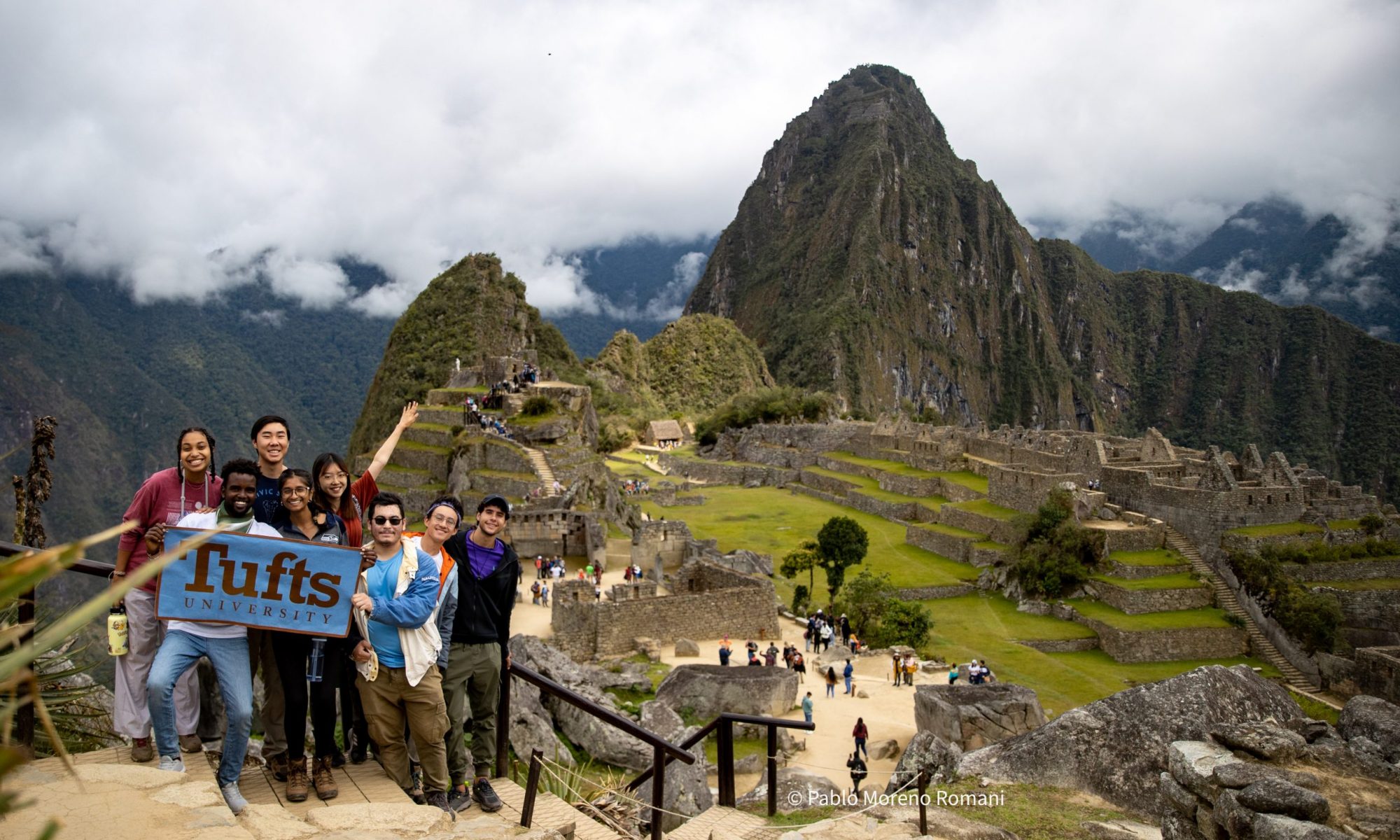by Mateo, Tufts 1+4 Participant
“A tía isn’t just someone that’s related to you. They’re someone who watches out for you and takes care of you.” I remember walking towards the city center with my host brother when he told me this. We had just passed his aunt’s house, and I wanted to know how exactly it was that she was related to him. He quickly laughed and revealed that she wasn’t actually a member of the family, but rather a friend of his parents. Nevertheless, being that he’d grown up with her love and support his entire life, in many ways she really was like an aunt.
At my work, La Asociación de Las Tías, the students refer to staff members as either tía or tío (the latter meaning uncle). When I first arrived, I was super excited about the fact that I’d get to come in and be a tío to so many kids. There was just one problem, however — I wasn’t. Unlike staff members, volunteers at Las Tías are referred to be their first name.
This was challenging at first, as I was working in a similar role as my coworkers, yet the kids were treating me with little more respect than one would have for some ‘rando’ off the street. Perhaps this should not have surprised me, as for many of these kids I was exactly that. I was just some random foreigner who had come for a short while and would soon be gone.
I tried not to let this get me down however, and soon learned that I could use this position in a positive way. Through the informality of my role, the kids quickly felt comfortable opening up; sharing things that they never would’ve had I been more of an authority figure. In addition, I also noticed that when giving advice, it felt less like me talking at them and more like we were actually having honest conversations, where there was freedom go off into any tangent. I definitely did not expect to be treated more as a friend, however it has truly allowed me to build some very real and personal connections with many students.
It wasn’t until one day, when I came into work late, that I heard something funny slip out the mouth of one of the kids. “Good afternoon tío Mateo.” This came from a girl (about 10 years old), and I’ll never forget that first time she said it. “It must have been a mistake,” I thought to myself. Clearly, she knew that I was just a volunteer. But then it happened the next day, and the next, and it dawned on me that maybe it wasn’t as much of a mistake as I had once thought it was. Days went by and it kept happening, until there were other students who were also calling me tío. It was not until recently, that I have truly felt that I was a valuable and important part of Las Tías.
Granted, many kids closer in age to me still refer to me by first name. Yet, whether it be verbalized or not, the message is clear; these kids know that I’ll be there for them no matter what.
